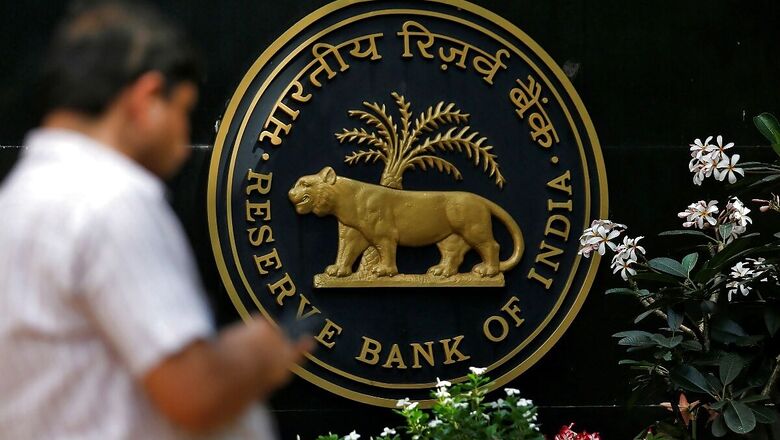
views
Citing Kamath Committee recommendations, the Reserve Bank of India (RBI) has informed the Supreme Court that it has accepted the recommendation for different treatment for sectors namely aviation, automobile manufacturing, roads and wholesale trading.
In an affidavit, the RBI said: “Wherever the Committee felt that certain ratios were not relevant or not applicable based on the specific nature of the sector, the Committee itself had recommended a different treatment, for eg. aviation, automobile manufacturing, roads and wholesale trading, which has also been accepted by the Reserve Bank."
Citing the September 7 special window notification, the RBI insisted that banks have sufficient flexibility to accommodate the impact of Covid-19 while specifying specific ratios for determining eligibility of loan resolution.
The RBI said lending institutions are required to consider five key ratios while preparing the financial assumptions in respect of resolution plans under the “Resolution Framework". “The specific thresholds to be met for these ratios in respect of borrowers in 26 sectors have been prescribed, as recommended by the Expert Committee. As regards all other sectors, the lending institutions may make their own internal assessments with regard to the values of the five ratios to be considered", said the affidavit.
Also Watch:
In the second affidavit, the RBI said a long moratorium exceeding six months can also impact credit behaviour of borrowers and increase the risks of delinquencies post resumption of scheduled payments. “It may result in vitiating the overall credit discipline which will have a debilitating impact on the process of credit creation in the economy. It will be the small borrowers which may end up bearing the brunt of the impact as their access to formal lending channels is critically dependent on the credit culture", added the affidavit.
The RBI said the cumulative reduction of 250 basis points in the repo rate since February 2019 is working its way through the economy, lowering interest rates in money, bond and credit markets, and narrowing down spreads. Financing conditions have eased considerably, enabling financial flows via financial markets and making improvements in different sectors, it added.
Earlier this week, the apex court had asked the Centre and the RBI to place on record the actions taken on K V Kamath committee’s report on debt restructuring and also asked the government to examine the issues raised by the real estate associations and power producers.
Read all the Latest News and Breaking News here




















Comments
0 comment